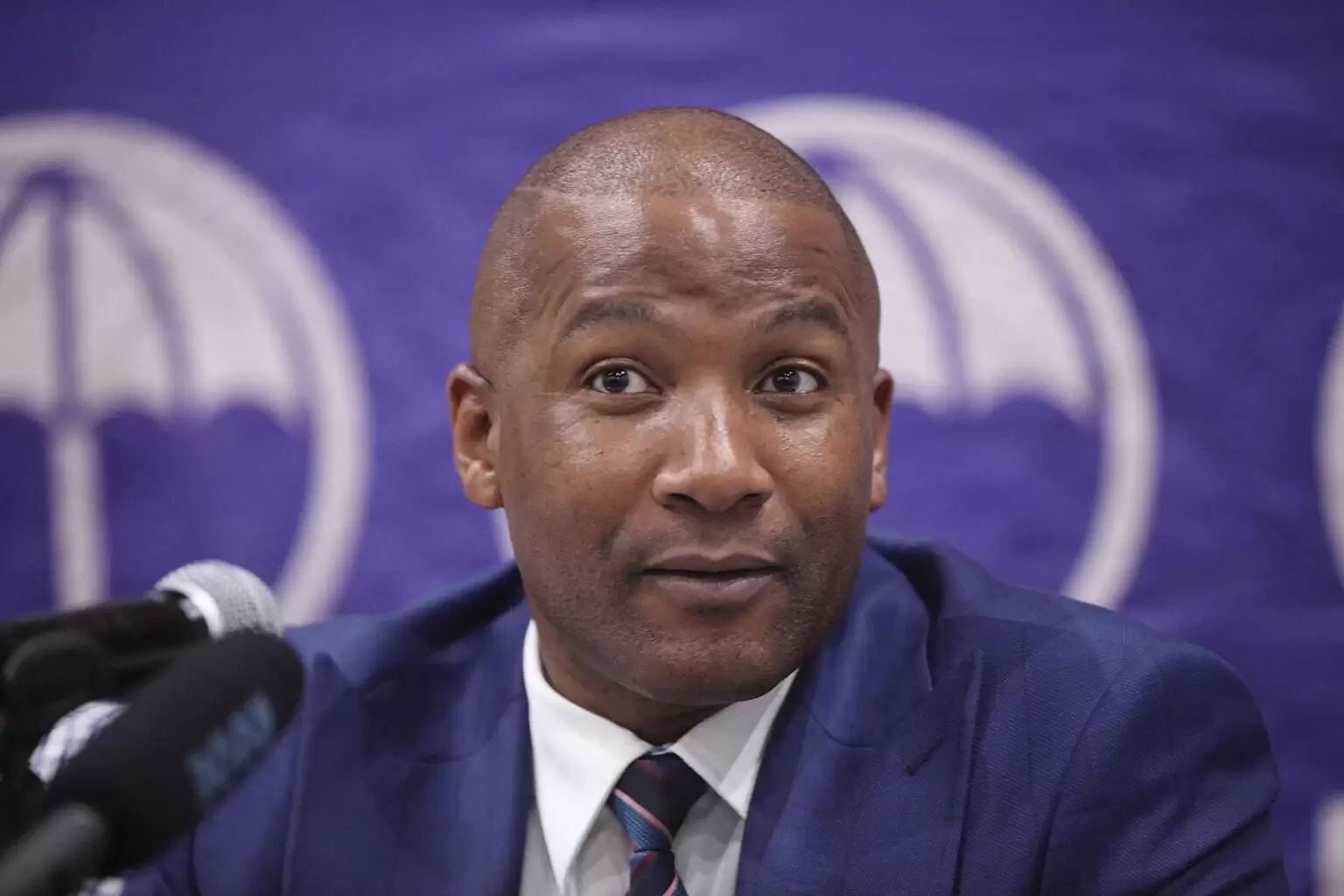By Staff Reporter
AN exiled former Cabinet minister has cautioned Zimbabweans against putting their hope of annihilating Zanu PF on foreign opposition actors but take it upon themselves to vote out President Emmerson Mnangagwa’s government.
The warning came on the backdrop of renewed optimism among Zimbabweans, who engaged in euphoric celebrations after the recent victory of Botswana’s opposition Umbrella for Democratic Change (UDC) candidate, Duma Gideon Boko, naturally hoping the feat could be replicated locally.
Boko, aged 54, becomes the neighbouring country’s sixth president following his swearing-in on Friday.
Chief Justice Terence Rannowane presided over the low-key event at the Gaborone High Court chambers witnessed by a few government officials, pastors, close family members and the media.
In a televised address Justice Rannowane declared Boko as the winner.
“I congratulate him proudly for the confidence the voters had placed on him and thereby declare Advocate Duma Boko as President,” Rannowane said.
UDC won 36 seats in Parliament followed by Botswana Congress Party (BCP) with 15, while Botswana Patriotic Front (BPF) and Botswana Democratic Party (BDP) managed five and four seats, respectively.
Former BDP member Edwin Dikoloti won a seat as an independent candidate.
In recent years, Zambia witnessed a transition from a revolutionary political formation to an opposition government led by Haikainde Hichilema reigniting hope among Zimbabweans that Nelson Chamisa, then leader of Citizens’ Coalition for Change (CCC), could also take over rulership. That faint hope still lingers in the hearts of some Chamisa loyalists.
But Walter Mzembi, Foreign Affairs minister in late former president Robert Mugabe’s administration, says ex-Botswana president Mokgweetsi Masisi had himself to blame for the electoral loss, having enlisted the help of unpopular Zanu PF during the election campaign.
“The greatest undoing of any personality, political party is to invite the visible and physical intervention of neighbours into internal political contestations in the name of pseudo solidarity labels.
“Voters hate and punish political intrusion and interference, the hallmark of undermining the sovereignty of other nations. Some political friendships are very costly,” said Mzembi.
He, however, warned Zimbabweans against reading too much into political developments in Botswana as the situation back home was a different ball game altogether.
“Whilst Zimbabweans feel encouraged and spurred on by Botswana election results, with some of us promising that our salvation is nigh, a reality check is necessary; our elections are four years from now, there is an attempt to stretch this to six years (2030) by the incumbent President.
“So, what confronts us is a completely different challenge, with the nearest opportunity to vote again presented by two possible referendums.
“What is our game plan around this? Do we have a generational consensus to stop this or are we still marching in our vain entitlement silos?”
Although he publicly denies it, Mnangagwa has embarked on a power retention bid which reportedly suffered a major setback ahead of the party’s National People’s Conference in Bulawayo after Vice President Constantino Chiwenga’s faction resisted his push to extend power until 2030.
Following internal turmoil, Mnangagwa was forced to tell delegates he wouldn’t stay in office beyond his constitutionally permissible two terms which end in 2028.
Mzembi, however, feels the 82-year-old leader might still want to hang at the helm of Zanu PF and government after instituting constitutional reforms allowing him to extend his incumbency.
The ex-Cabinet minister opines there is a real chance of Mnangagwa winning the referendums in an unreformed political environment characterised by command voting and other shenanigans outlined in the adverse Southern African Development Community (SADC) observer mission report.
“So, what is the source of our optimism if it’s not downright taking the gullible for granted,” Mzembi noted.
Mzembi further cautioned that new democratic leaders such as Boko will not singularly bring much-needed help to remove Zanu PF accused of maladministration, corruption and general economic malaise.
“History tells us how even those we celebrate as ‘democrats’ quickly settle to the task of running their own countries and rapidly melt into protocol and diplomatic decorum and soon we are on our own again.
“We have tried elections it has not worked; the answer clearly lies elsewhere, and we need to identify tradeoffs that can reset us to the promise.
“I still submit that the solution is within and amongst us and lies in a comprehensive national dialogue solution but what brings us to the table when there is no urgency is the fundamental question,” Mzembi said.
Retired opposition politician, David Coltart weighed in saying there is need for change in the country’s highest office inorder to realise meaningful socio-economic development.
“Botswana has had five Presidents since 1980. Zimbabwe has had only two. Changing Presidents is a bit like changing the oil in a car – if you don’t change the oil frequently enough the engine becomes gummed up and eventually fails. Countries are no different,” said Coltart.
